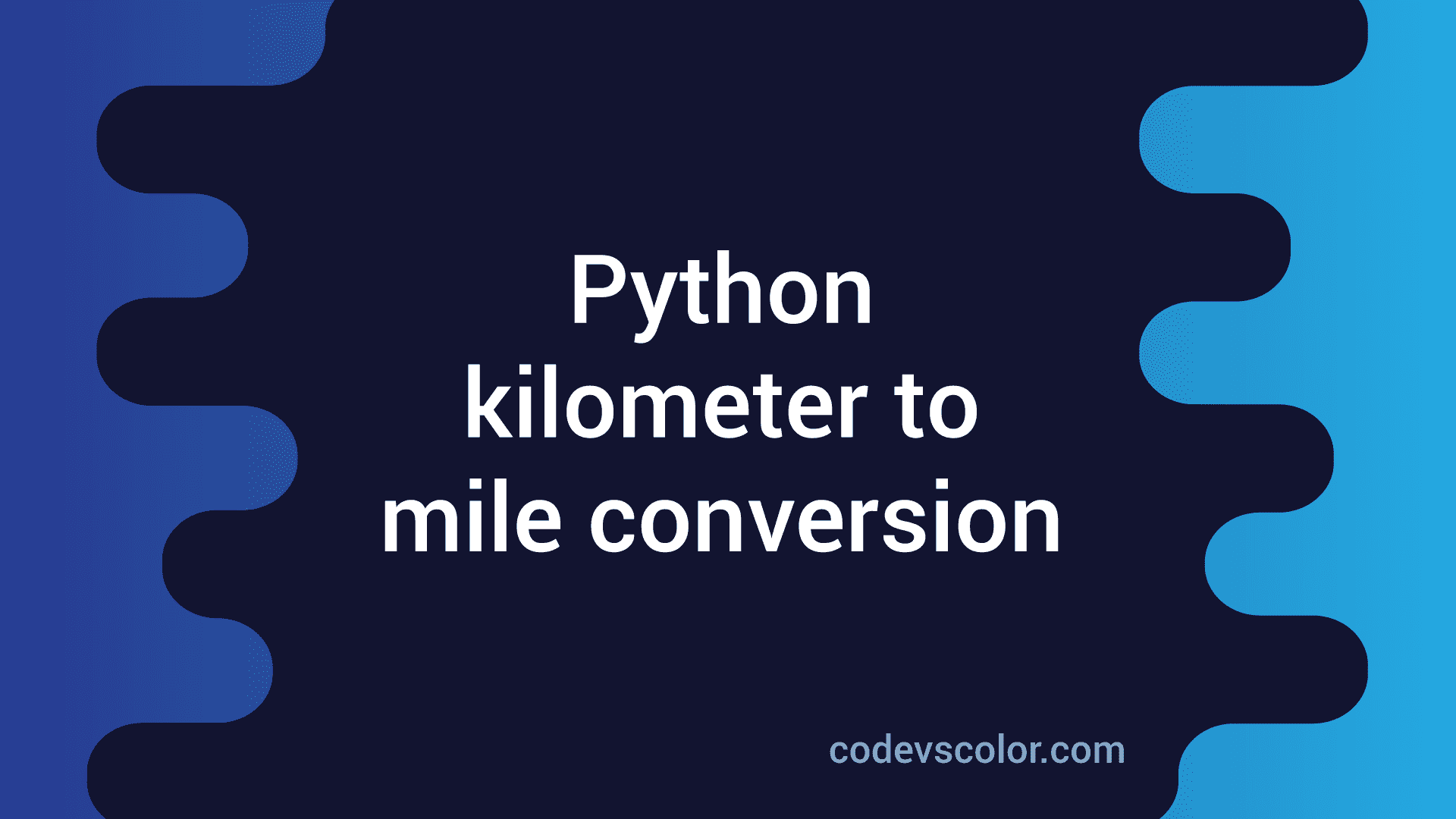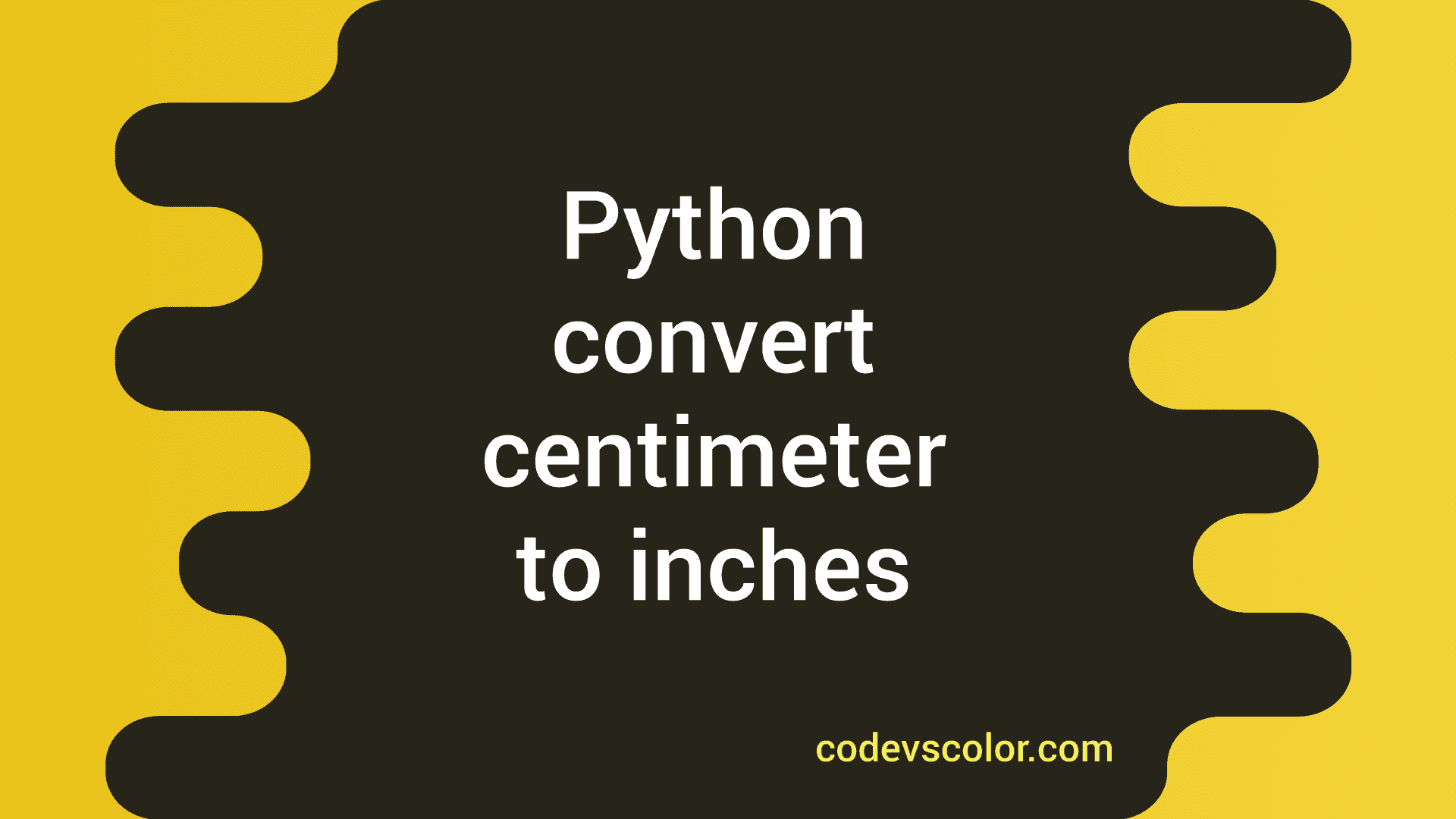

dateFormat = "yyyy MMM EEEE HH:mm"ĭateFormatter. Can also match a literal Z for Zulu (UTC) time.įunc convertDateFormatter ( date : String ) -> String ĭateFormatter. The expanded time zone name, falls back to GMT-08:00 (hour offset) if name is not known. Falls back to GMT-08:00 (hour offset) if the name is not known. The 24-hour hour padding with a zero if there is only 1 digit. The 12-hour hour padding with a zero if there is only 1 digit Year, minimum of four digits (padding with zeros if necessary) Print("Hello from the Kotlin side \(user?.Year, two digits (padding with a zero if necessary) createPublisher(wrapper: loadUserUseCase.loadUser(username: "noone special")) Now we can wrap our loadUserUseCase and use it in a Combine chain. Implementation(":kotlinx-coroutines-core:$coroutineVersion") ) Swift Combine for reactive programming in iOS.Koin for dependency injection handling in Kotlin.androidApp module accessing the shared module via gradle.iosApp Swift application accessing IosComponent via amework.shared KMM module exposing an IosComponent.

Let’s create a very simple multiplatform app. While we dont have an explicit 'PHP to Kotlin' converter, it is perfectly feasible to convert 'PHP -> Java -> Kotlin' by using the Runtime Converter in coordination with JetBrains Java to Kotlin converter. If you want to jump straight into the code, here it is: A good point to be made about 'PHP to Java' conversions is that someone might want, instead of converting to Java, to convert to Kotlin. We have a consistent method signature - thanks to this, we can make a generic conversion to Swift Combine or RxSwift types.īut let’s see a complete example.We get a job variable that lets us cancel the asynchronous work.Might not seem like much, but there are two significant differences: With a bit of magic, our Kotlin Foo.bar() becomes The next step is to get rid of that boilerplate - and what sexier way to do it than codegen?īasically, you add a annotation to your class that contains suspend or Flow exposing functions, and you get SuspendWrapper or FlowWrapper generated for you. The problem with that solution is that you still need to wrap all your functions manually. Russell Wolf from Touchlabs proposed a simple solution to this issue- wrapping all your suspend functions and Flows into wrappers, which can be easily converted to RxSwift Single/ Observable on the Swift side. Also, there’s no way to handle cancellation, as the coroutine Job is not exposed. You would basically need to wrap this completion handler in a Future for every single suspend function you expose - there is no way to make it generic. The problem is that completion handlers are painful to work with, especially if you want to incorporate them in your Swift Combine or RxSwift observables. There is no counterpart in Obj-C or Swift, so Kotlin designers (in 1.4) decided to convert it to a completion handler. Kotlin enables suspend modifiers for its functions.

However, there is one thing that is very distinctive for Kotlin - concurrency can be handled at the language level. There are some notable differences between the languages, but the basic conversions are very intuitive - all the classes, methods, and properties that you expose from your Kotlin module are accessible as classes, methods, and properties in Swift.
#Kotlin to swift converter code#
In general, the Kotlin code from the shared module is compiled to a framework that translates Kotlin language elements to Obj-C / Swift compatible elements according to this mapping. The clue to KMM is the interoperability between Swift and Kotlin. Swift on iOS), but use the KMM shared module just for the part that you want to share - usually your business logic. Compared to other multiplatform solutions, like Flutter or React Native, it has one very important advantage - you still write a native app (e.g.

It went alpha a few months ago, more and more companies are embracing this technology, and all of that is not a coincidence. Kotlin Multiplatform is taking the mobile world by storm.


 0 kommentar(er)
0 kommentar(er)
